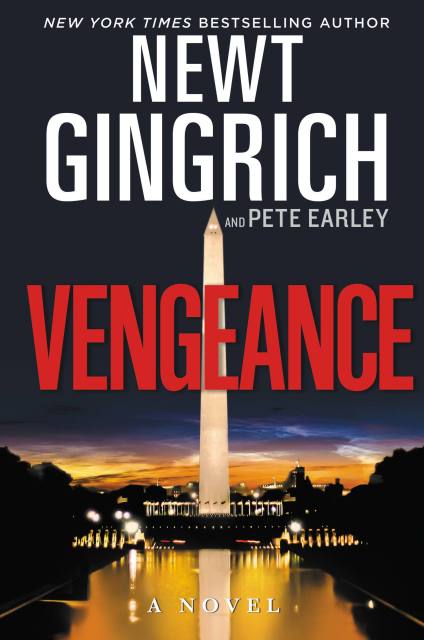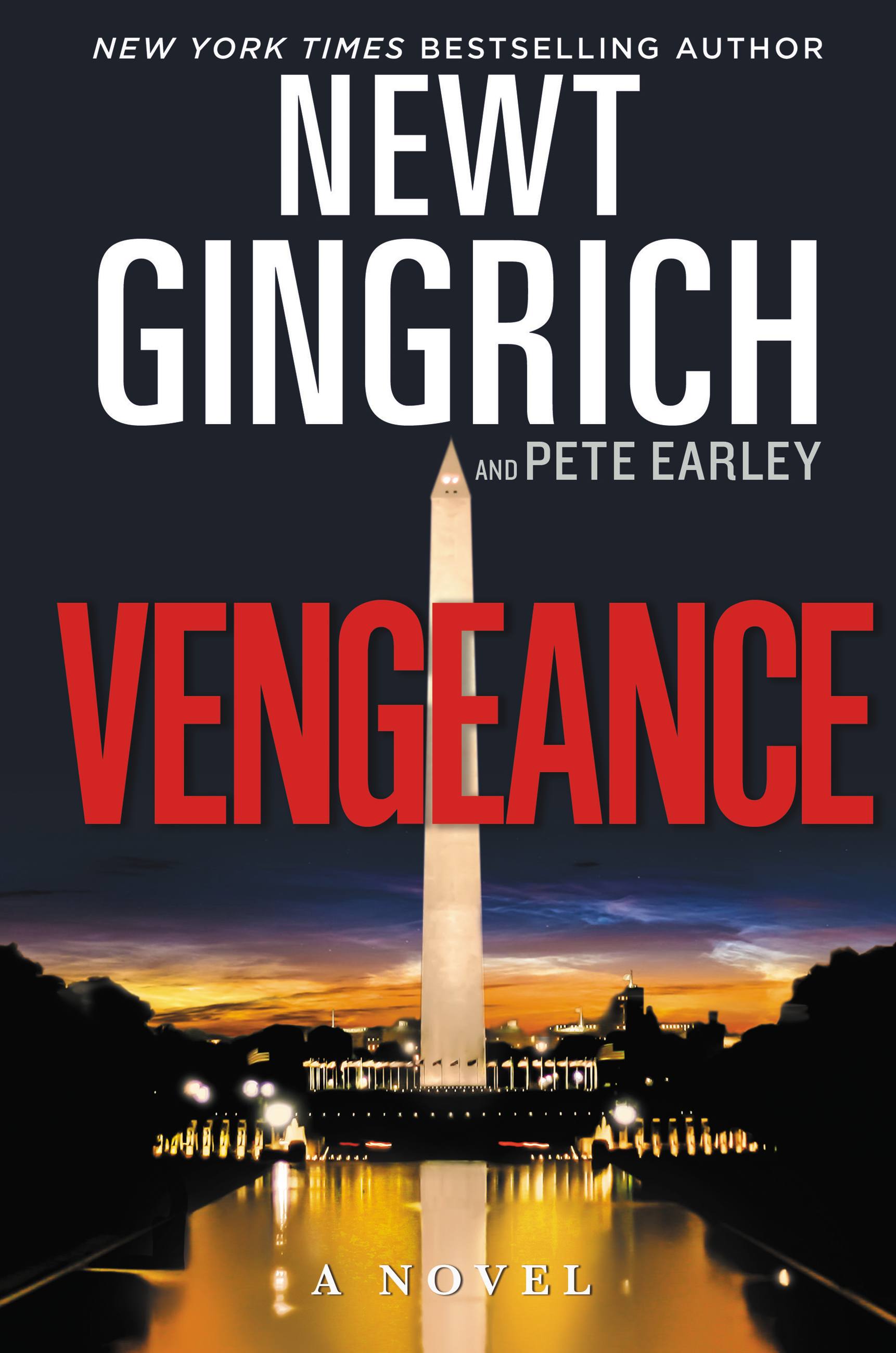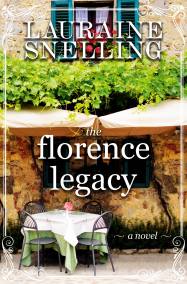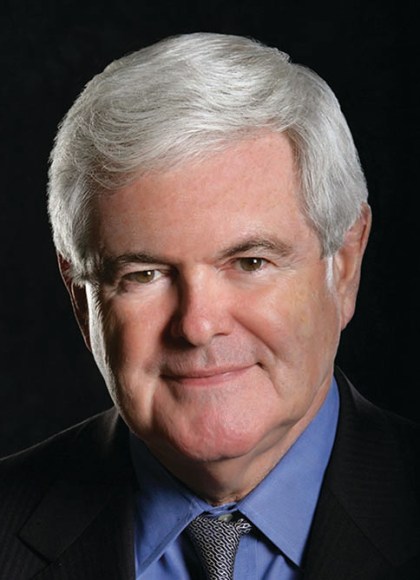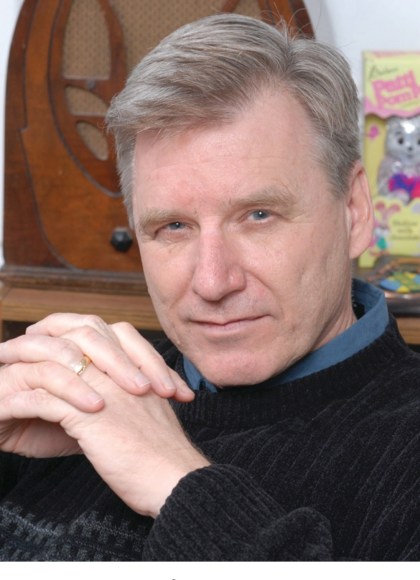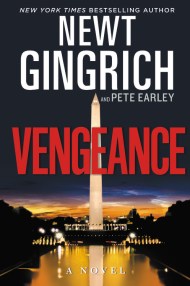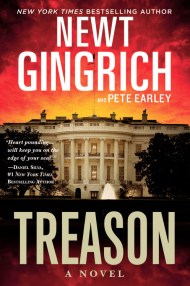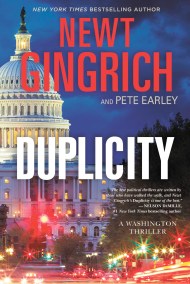By clicking “Accept,” you agree to the use of cookies and similar technologies on your device as set forth in our Cookie Policy and our Privacy Policy. Please note that certain cookies are essential for this website to function properly and do not require user consent to be deployed.
Vengeance
A Novel
Contributors
By Pete Earley
Formats and Prices
- On Sale
- Oct 10, 2017
- Page Count
- 400 pages
- Publisher
- Center Street
- ISBN-13
- 9781478923053
Price
$9.99Price
$12.99 CADFormat
Format:
- ebook $9.99 $12.99 CAD
- Audiobook Download (Unabridged)
- Trade Paperback $24.99 $31.99 CAD
This item is a preorder. Your payment method will be charged immediately, and the product is expected to ship on or around October 10, 2017. This date is subject to change due to shipping delays beyond our control.
Buy from Other Retailers:
On the day of Major Brooke Grant's wedding, an explosive-packed rental truck detonates a deadly bomb, killing hundreds of her friends and family and endangering D.C.'s most powerful politicians.
Saved by a last-minute fluke, Brooke seeks revenge against the master terrorist responsible, an international radical Islamist who is determined to murder her, bring America to its knees, and create a modern-day caliphate.
With help from an odd duo — a Saudi intelligence officer and an Israeli Mossad agent — Brooke goes after her elusive zealot nemesis. But before the team can close in on their target, they discover that America's worst nightmare has come true.
Former Speaker of the House Newt Gingrich and Pulitzer Prize finalist Pete Earley deliver fast-paced writing and a frighteningly believable plot in this third installment of the bestselling Brooke Grant series. Set against the backdrop of Washington's political intrigue, Vengeance is a heart-pounding thriller that raises serious questions about our national security, the power of religious faith to inspire good and evil, the consequences of revenge, and the validity of our constitutional safeguards.
Newsletter Signup
By clicking ‘Sign Up,’ I acknowledge that I have read and agree to Hachette Book Group’s Privacy Policy and Terms of Use
